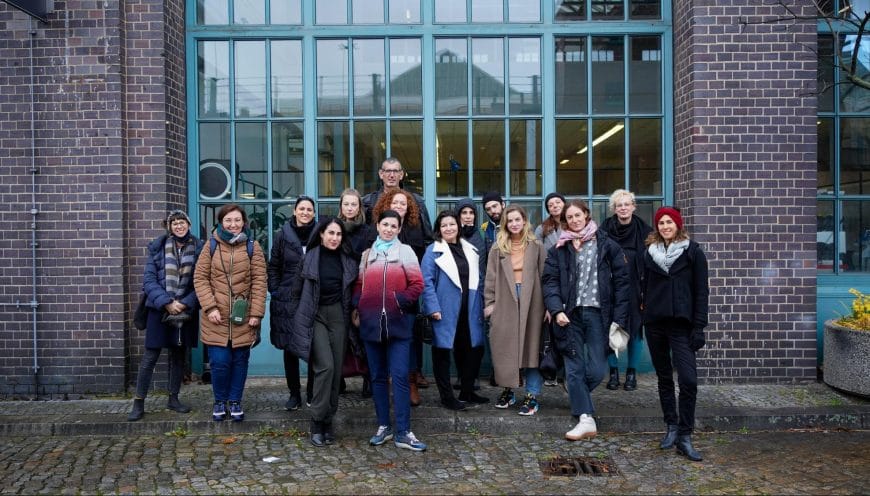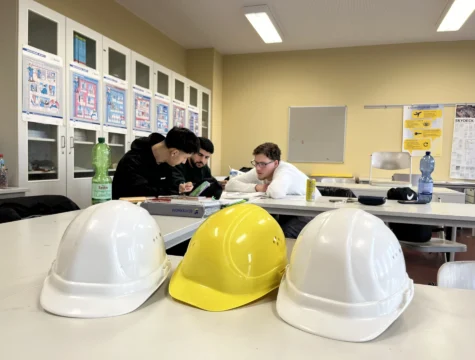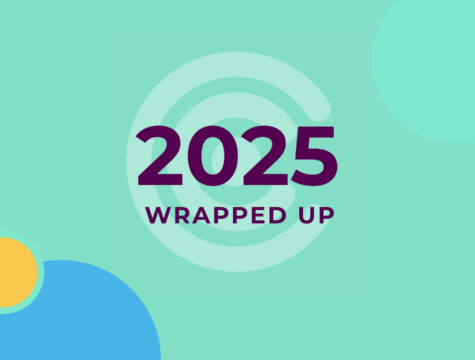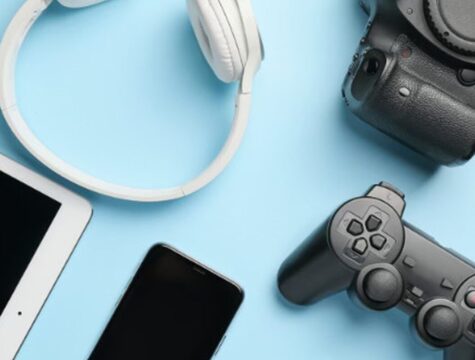Between the 22-25th of November 2021 Re-Fresh Global & Circular Berlin ran a 3 day exchange program in Berlin for Israeli organizations, textile manufacturers and experts working in different fields of circular economy and social entrepreneurship. The activities were supported by the Israel Economic & Trade Mission, Germany, and the German-Israeli Future Forum Foundation.
The tour explored circular spaces and textile innovations, two areas the city of Berlin pioneers in. The tour also cultivated business networking among the participants and the hosts.
Together we wanted to understand what steps the city of Berlin has taken to become more circular, what challenges still need to be overcome, and which stakeholders are involved in the transformation. Beside this, our goal was to inspire the participants to replicate some of the highlighted innovations back in Israel and initiate new collaborations with Berlin based solution givers.
The group, guided by our Circular Textiles Lead, Arianna and Re-Fresh Global team (Vika, Revital, Joanna and Karin) had the incredible chance to visit 12 diverse projects and organizations, as well as to participate in two exceptionally organized evening events with brilliant speakers from both Germany and Israel.
Here is a short summary of our exchange program.
Day 1: Understanding the Berlin specifics and getting to know Circular Spaces.
We started our program visiting Berlin Partner where Sybille Weimann, Senior Manager for Industrial Production, gave us an overview about what the business and start-up cosmos of Berlin looks like, and what programs are in place to help out organizations that want to move to the city.
At Berlin Partner, Dina Padalkina, our Chairwoman and Founder, gave an introduction to Berlin’s circularity scene.Later we moved to Alexander Platz to meet Ana Lichtwer, head of the project: Berliner Stadtmission at Alexander Platz. Ana showed us two exciting projects that look at the circularity of textiles in the city: Berliner Stadtmissions Pop-up at Alexa, where upcycling designers can work and exhibit their pieces, and the House of Materialisierung, where the Berliner Stadtmission sells pre-sorted second-hand clothes by weight, offers workshops and other activities. We discussed textile material streams in the city and how to optimize them in order to prevent good quality materials from becoming waste.

The Material Pool at Haus der Materialisieung.
Credits:Alex van Door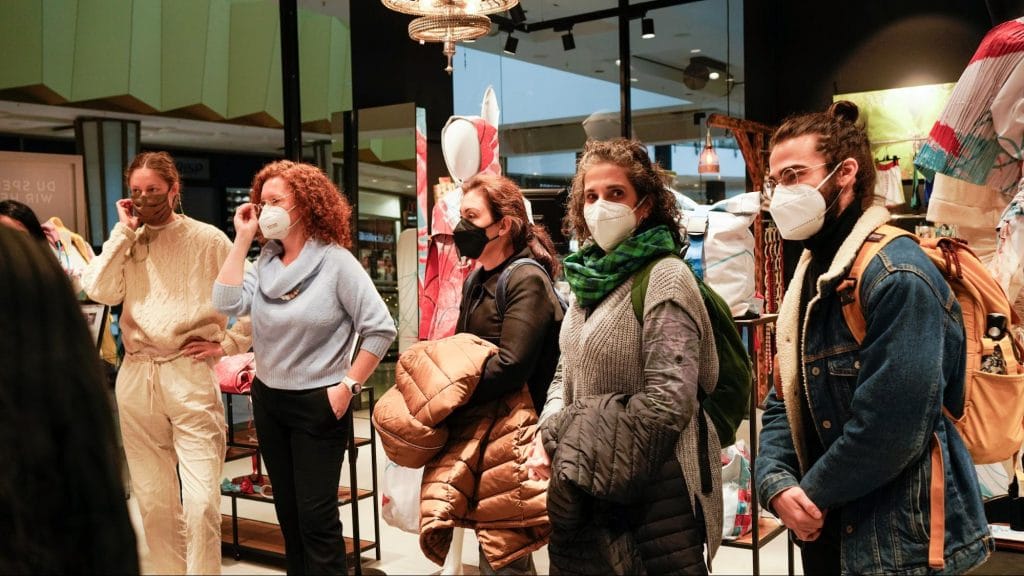
The Berliner Stadtmission pop-up at Alexa.
Credits: Alex van Doorn
In the afternoon Impact HUB Berlin welcomed us at their new space ex- CRCLR House in Neukölln. Sascha Stremming, Head of Acceleration, guided us through the building and explained to us everything about the more sustainable materials & techniques used within the reconstruction process, which make it one of the most circular spaces in town. We can´t wait to see it completed!
The next step was to visit another unique place, which is a brilliant example of circular construction: the C2C Lab in Friedrichshain. This space was the world’s first comprehensive refurbishment of an existing commercial unit according to Cradle 2 Cradle criteria. Our host, Laura Stanzl, welcomed us with warm drinks and an introduction to the work of the C2C NGO, before showing us around and explaining every little detail of the Cradle 2 Cradle materials and products used for the renovations.
Last but not least, in the evening we had the pleasure of being guests of the last Circular Berlin meetup of the year, hosted by Impact HUB. There we got to know more closely the work of some young entrepreneurs behind fresh start-ups working in the field of circularity: Romy Lagodka, Co-founder & CSO of Labels, Friedrich Köser, CEO & Co-Founder of GreenCircle, Helene Isermeyer, Partner and chief of Staff at Eolos, Charlotte Piller, Founder of Lotta Ludwigson, Fynn Huch, Co-Founder & CSO of GoodieGo, and Paul Anca, Co-founder of Open Funk.
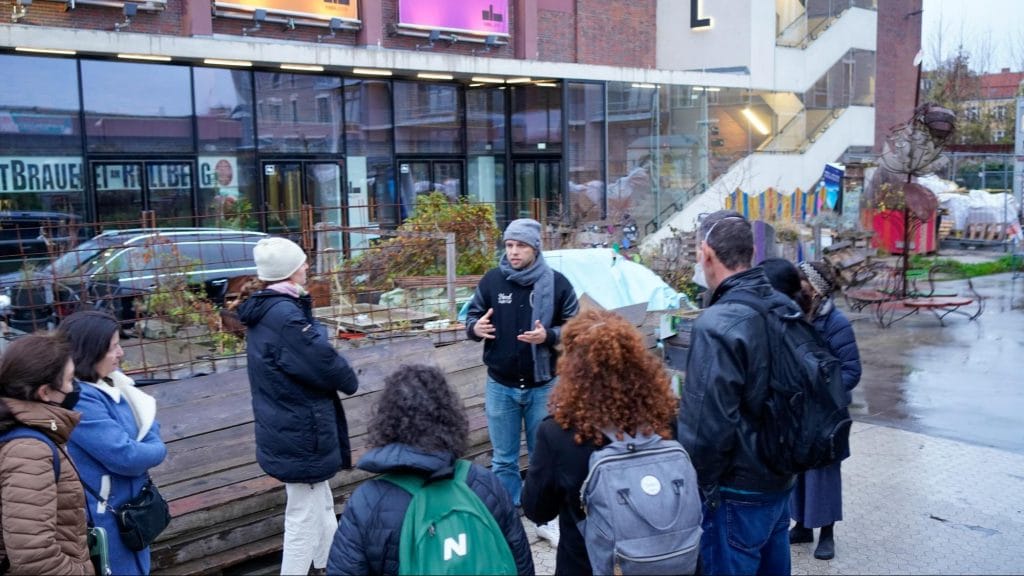
Group visit at the new Impact Hub Berlin.
Credits: Alex van Doorn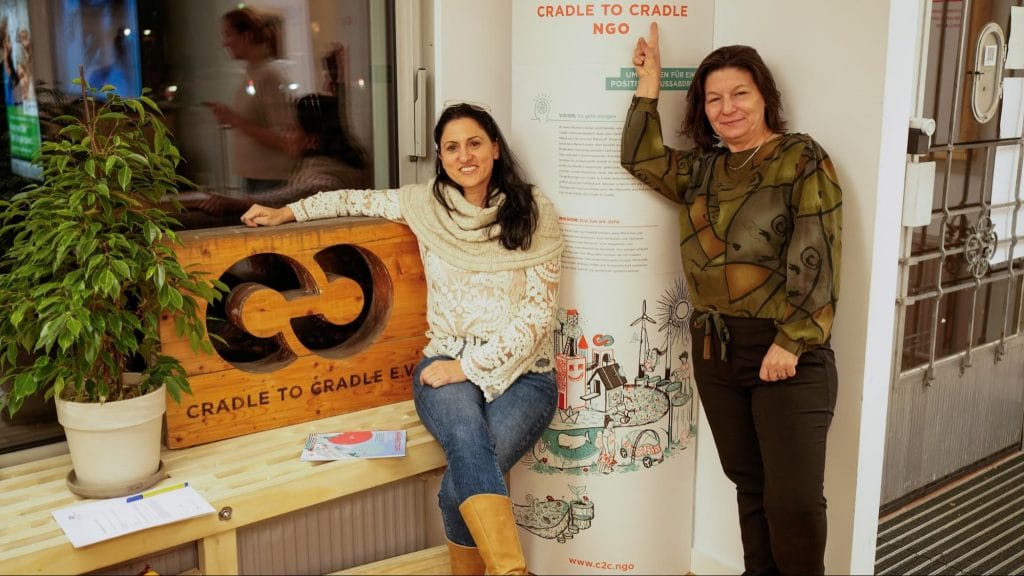
Revital and Tony at C2C lab
Day 2: Exploring innovations in the Berlin textile research sector
The second day started at the Unicorn Co-Working space in Wedding, where we have been visited by part of the team behind the Textile Prototyping Lab: the researchers Sigrid Rotzler from the Fraunhofer Institut IZM and Essi Glomb from the Weißensee Kunsthochschule Berlin.
Founded as a research project by five organisations from the fields of textile and electronics research, design and business, the TPL aims to be an open, agile and interdisciplinary place for textile prototyping with the core theme of open innovation. Sigrid and Essi showed us the most important steps of the 5 years research project, presented the extended consortium and brought samples of the developed smart-textiles. At the moment the Textile Prototyping Lab is located in both the Fraunhofer Institut and at the Weißensee Kunsthochschule.
The last visit of the day was at the TU Berlin, where Prof. Dr. Jan Kratzer guided the group on a tour at the TUB Centre for Entrepreneurship.
After a most needed break, the group gathered again in the evening at Mindspace Berlin for the Circular City Business Meetup organized by our colleagues Re-fresh Global. The panel discussion moderated by Viktoria Kanar focused on innovative ideas to advance the circular economy and how to make cities more sustainable. Our panelists were: Ester Elias – Head of the Economic and Trade Mission at the Embassy of Israel in Germany, Friederike von Wedel-Parlow – Director at the Beneficial Design Institute, Norbert Herrmann – Startup Affairs at the Berlin Senat for Economics, Tony Ducheva-Levy – Holon Institute of Technology and Arianna Nicoletti.

TPL presentation at Unicorn Working.
Credits: Alex van Doorn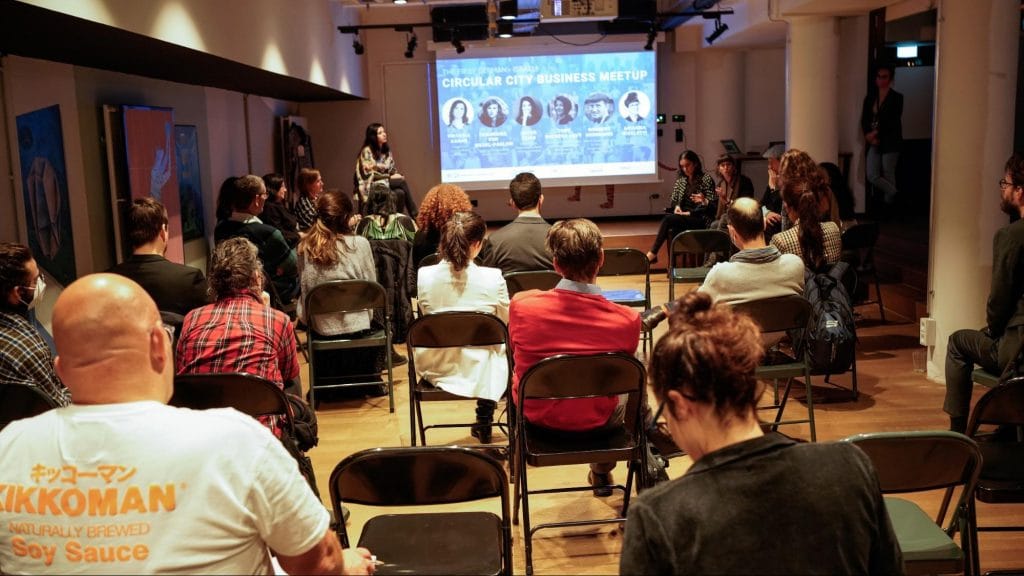
Circular City Business Meetup event on November 23rd 2021. Credits: Alex van Doorn
Day 3: Building up innovations in cities
On the last day we had the opportunity to visit Nochmall, the first department store for second-hand goods in Berlin. The group got a presentation of the company by its CEO, Frieder Söling, who explained the history of Nochmall and how all the internal and external processes work. We got insightful information about innovative and efficient ways of collecting, sorting and pricing second-hand products. The space, that looks a little bit like an IKEA for everything second-hand (used furniture, clothing, electrical appliances, household goods, toys, books, home textiles,..) also has a cafeteria and an area dedicated to workshops and talks. Nochmall is a unique example of circular economy in the city.
Last stop of our program was the visit to the “H&Mbeyond.” innovation space in Berlin Mitte, where Anna Wolthaus, Innovation Lead, and Oliver Lange, Head of H&M beyond. welcomed the group in the beautifully designed space. H&Mbeyond. is a subsidiary company belonging to H&M Germany, responsible for developing and piloting innovative products and services relevant to H&M’s global organization. The small but competent and passionate team of the innovation lab work on and actively support textile disruptive concepts, start-ups and organisations. One of their main topics regarding sustainability is the piloting of “production on demand” systems.
The German-Israeli exchange program Circular City Business Tour has been an incredibly enriching experience for both the participants and the hosts, who could learn from the Israelian knowledge and projects too.
It was an honor for Circular Berlin to be co-designing and organizing this unique journey. A big thank you to the team behind Re-fresh global and to the wonderful group of guests from Israel: Ariel Yedvab, Shani Aloni, Tony Ducheva-Levy, Merve Kulbakan Okyay, Lee Cohen, Liat Gorodenzik, Iris Barnes Fainer, and Itamar Fainer.
Thank you also to all the speakers and hosts, who made it possible for Circular City Business Tour to be such a success!

H&Mbeyod.
Credits: Alex van Doorn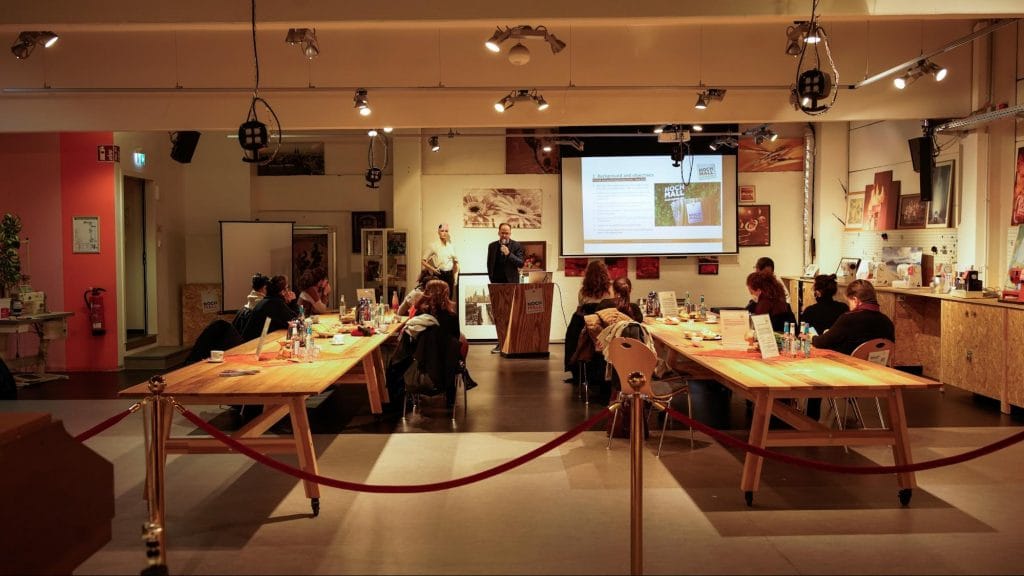
Nochmall.
Credits: Alex van Doorn
Author: Arianna Nicoletti
Pictures: Alex van Doorn, www.theeverydayphotoguy.com

